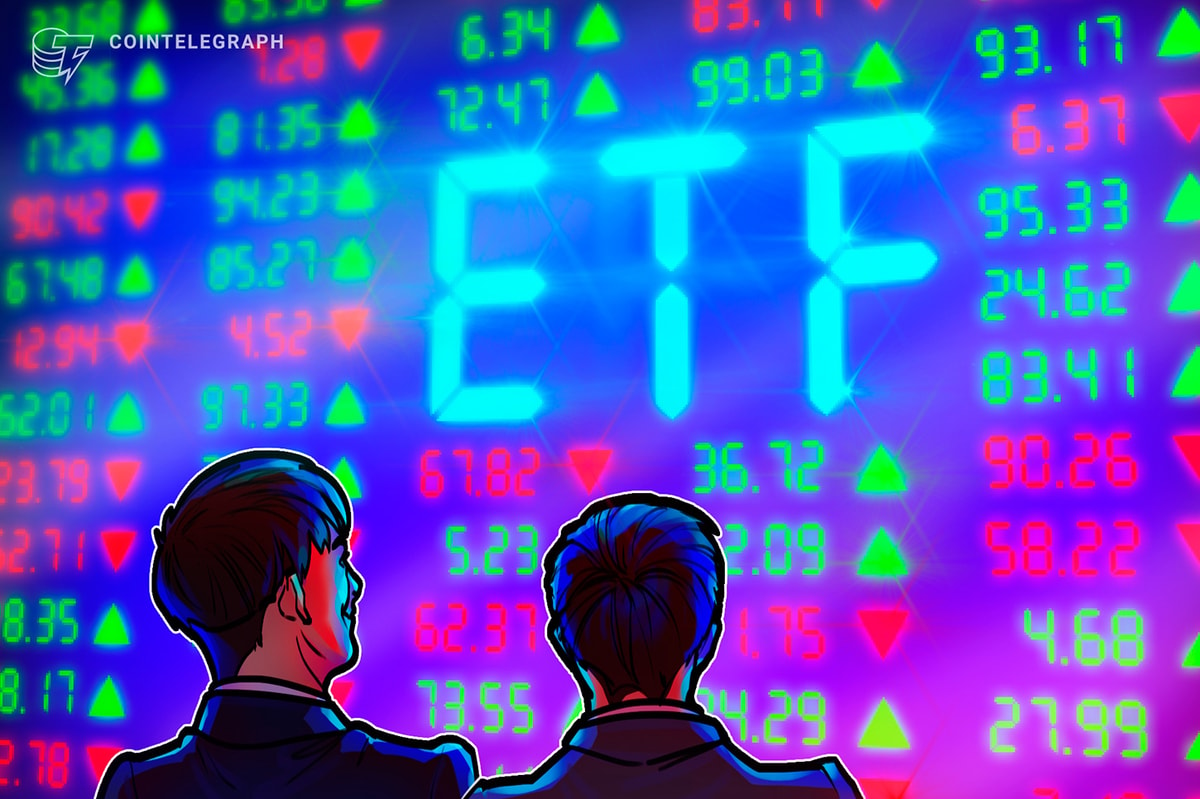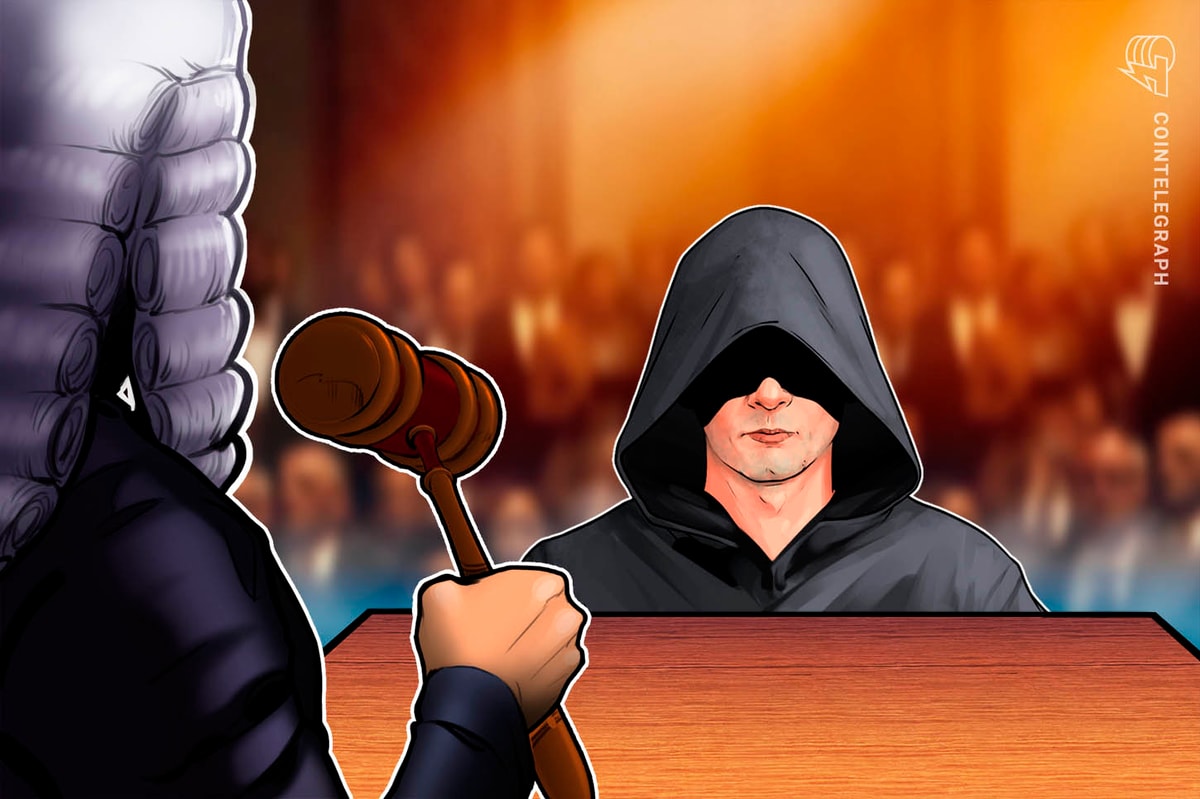Binance continues to grapple with ongoing legal challenges, particularly in the United States. The exchange has already had a “near-mortal blow” after a June 2023 lawsuit from the United States Securities and Exchange Commission (SEC), forcing it to terminate over 200 staff as revenues “imploded,” according to its chief operating officer Christopher Blodgett. Now, the SEC alleges the company is “unable or unwilling” to answer requests for information concerning the custody of customer assets. The regulator has asked the court to intervene to speed up the discovery process.
Central to the SEC’s investigation is whether employees of the non-U.S. arm of Binance maintained access to Binance.US customer assets. The SEC claimed Binance.US has failed to prove that it didn’t have access to private keys or other forms of access to customer assets. In the report, Binance.US pushed back on the SEC’s allegations, saying it had complied with the regulator’s “exceptionally broad” requests for information and asked the court to end the expedited discovery process.
Meanwhile, a U.S. appeals court overturned a ruling that dismissed a class-action lawsuit led by investors against Binance. Chase Williams filed the lawsuit in April 2020 on behalf of investors in a similar situation, arguing that Binance allegedly contracted to sell securities without being registered as a securities exchange or broker-dealer. The district court dismissed the lawsuit, citing the investors’ claims as untimely according to the relevant statute of limitations. However, the appeals court agrees with the plaintiffs’ claims that Binance is subject to domestic securities laws and that their initial filing was timely.
Do Kwon wins appeal against U.S. extradition
The saga of Terraform Labs co-founder Do Kwon continues to unfold, with a court in Montenegro again overruling a lower court decision to extradite Kwon to the United States. According to an official statement, the Appellate Court of Montenegro ruled to annul the High Court of Podgorica’s decision approving Kwon’s extradition to the United States.
The appellate court panel argued that the high court’s previous order to extradite Kwon to the U.S. was affected by “significant violations of the provisions of criminal procedure” of the local laws. The latest decision by the Appellate Court of Montenegro marks another event in the long history of Kwon’s extradition process after he was arrested in Montenegro in March 2023. The U.S. and South Korea have requested Kwon’s extradition, causing disagreement about where the Terraform Labs founder should be sent.
Virginia passes blockchain bill
The Virginia Senate in the United States passed a landmark bill that created a workgroup dedicated to studying the overall crypto ecosystem and making recommendations to foster tech’s expansion. The new crypto work group will consist of 13 members: five from the Senate, five from the House of Delegates, two nonlegislative citizen members from the blockchain industry and one nonlegislative citizen representing the local government. The group has been given a deadline of Nov. 1, 2024, to conclude all of its studies related to the cryptocurrency ecosystem and share recommendations “no later than the first day of the 2025 Regular Session of the General Assembly.”
Spain forbids Worldcoin from collecting data
The Spanish Agency for the Protection of Data (AEPD) ordered Worldcoin to stop collecting and processing data in Spain, issuing a temporary order banning operations for a period of three months. The AEPD order claims the agency is investigating complaints that users in Spain aren’t able to withdraw consent and that Worldcoin has allegedly collected data from minors.
The Spanish authorities’ injunction comes just a month after Hong Kong’s Office of the Privacy Commissioner for Personal Data investigated Worldcoin. The controversy surrounding Worldcoin stems from its use of biometric scanning devices called “orbs.” Worldcoin users sign up for the service by downloading an app. They’re then directed to the nearest facility containing an orb, where they must submit to have their eye scanned. As human irises are unique to each individual, this biometric verification method is generally considered more accurate than fingerprinting and other common identification techniques.










